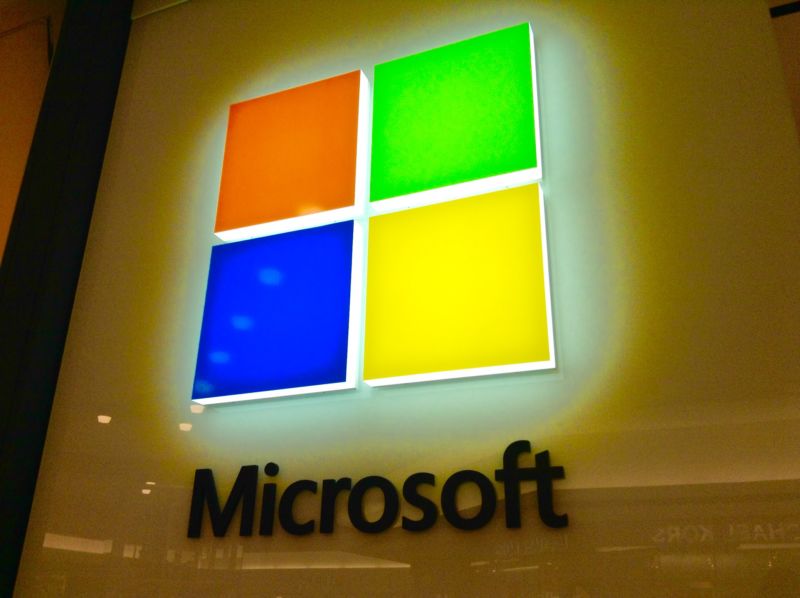
Women at Microsoft have been sharing reports of sexual harassment by both fellow coworkers and external partners that were often ignored by managers and human resources alike, according to a report by Quartz.
On March 20, an employee emailed other women at the company to ask for advice on moving up the chain after six years without promotion. This brought forward dozens of stories of discrimination and harassment, such as one woman being told to sit on another coworker’s lap or a woman in a technical role having her contribution to a project restricted to booking meeting rooms, making dinner reservations, and taking minutes. Quartz verified the contents of the thread with employees at the company, and it has reviewed more than 90 pages of emails.
In many cases, employees say that they reported the events to their managers or to HR, only to have those complaints dismissed or overlooked—for example, written off as “just flirting” or ignored for lack of evidence.
One respondent welcomed the thread, writing “This thread has pulled the scab off a festering wound. The collective anger and frustration is palpable. A wide audience is now listening. And you know what? I’m good with that.”
Microsoft’s head of HR, Kathleen Hogan, responded to the emails on March 29. She said that she would investigate the claims and invite anyone who has suffered such experiences or had their complaints dismissed by management or HR to contact her directly.
The company has issued a public statement attributed to Hogan:
I discussed this thread with the SLT (Senior Leadership Team) today. We are appalled and sad to hear about these experiences. It is very painful to hear these stories and to know that anyone is facing such behavior at Microsoft. We must do better.
I would like to offer to anyone who has had such demeaning experiences including those who felt were dismissed by management or HR to email me directly. I will personally look into the situation with my team. I understand the devastating impact of such experiences, and the SLT wants to be made aware of any such behavior, and we will do everything we can to stop it.
As mentioned earlier in the thread, Lindsay-Rae (our Chief Diversity Officer) will be setting up sessions the week of April 22 to ensure we hear and are clear on the feedback, and determine what initiatives or programs to keep/stop/start based on input from this community. Invites for these sessions will be sent to all women’s community groups next week, will accommodate multiple time zones, and joining Lindsay-Rae will be Erin Chapple; Co-Exec Sponsor of the Women’s Community at Microsoft. While I do want to create a forum for the community on the thread, I also read and agree with the comments that for us to solve this as a company, the burden does not reside only with us women.
While reading some of this is very disheartening, I am proud and encouraged to see people empowered to speak up, say this is not right, and stand together for change. Thank you.
In 2015, Microsoft was sued by a female engineer for practices claimed to be discriminatory. She was joined by two more women, and the three sought class-action status. In March last year, documents filed in that lawsuit alleged that 238 instances of sexual harassment, discrimination, and underpayment occurred between 2010 and 2016. Of these, 108 were complaints of sexual harassment, and 118 of gender discrimination. Moreover, the lawsuit claims that of those 118 gender discrimination complaints, only one was found by Microsoft to have merit, with the plaintiffs alleging that Microsoft’s investigative team for handling such complaints routinely decided that no company policy had been violated—even when that same team agreed that harassment had, in fact, occurred.
The women had hoped to represent a class of some 8,000 past or present Microsoft employees. However, they were denied class-action status in a decision last June, with the presiding judge saying that they identified no common Microsoft policy that was to blame for their experiences. This decision was appealed in January of this year, with arguments due to be heard in either late 2019 or early 2020.
https://arstechnica.com/?p=1486691

